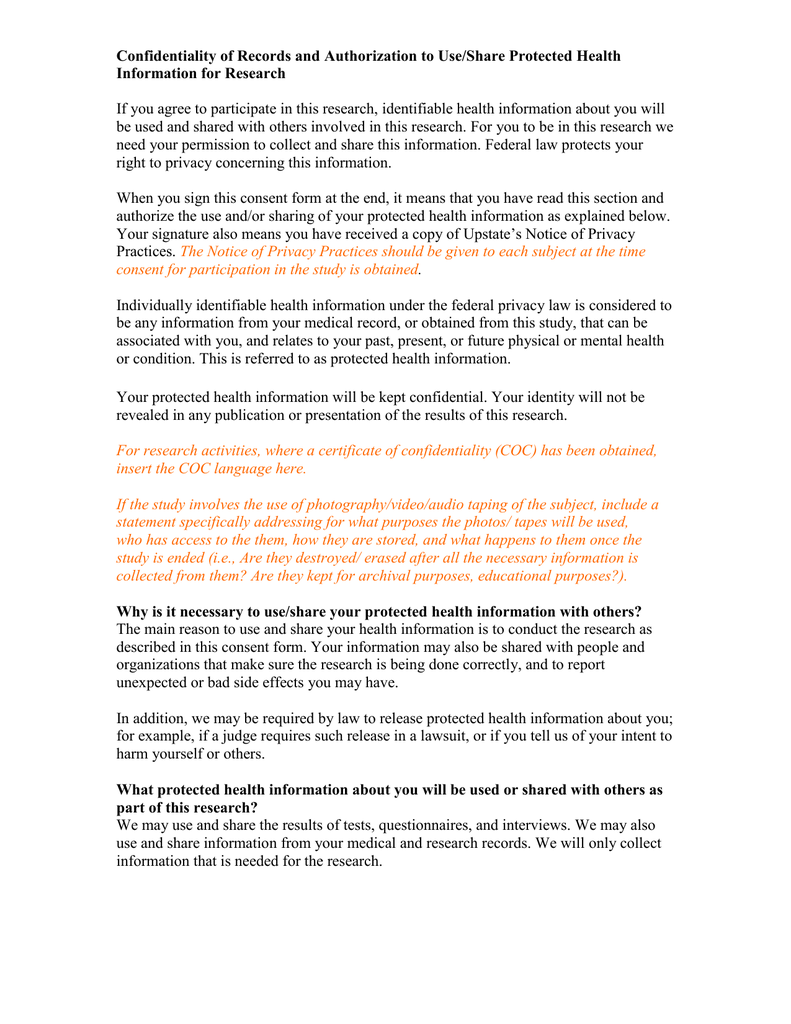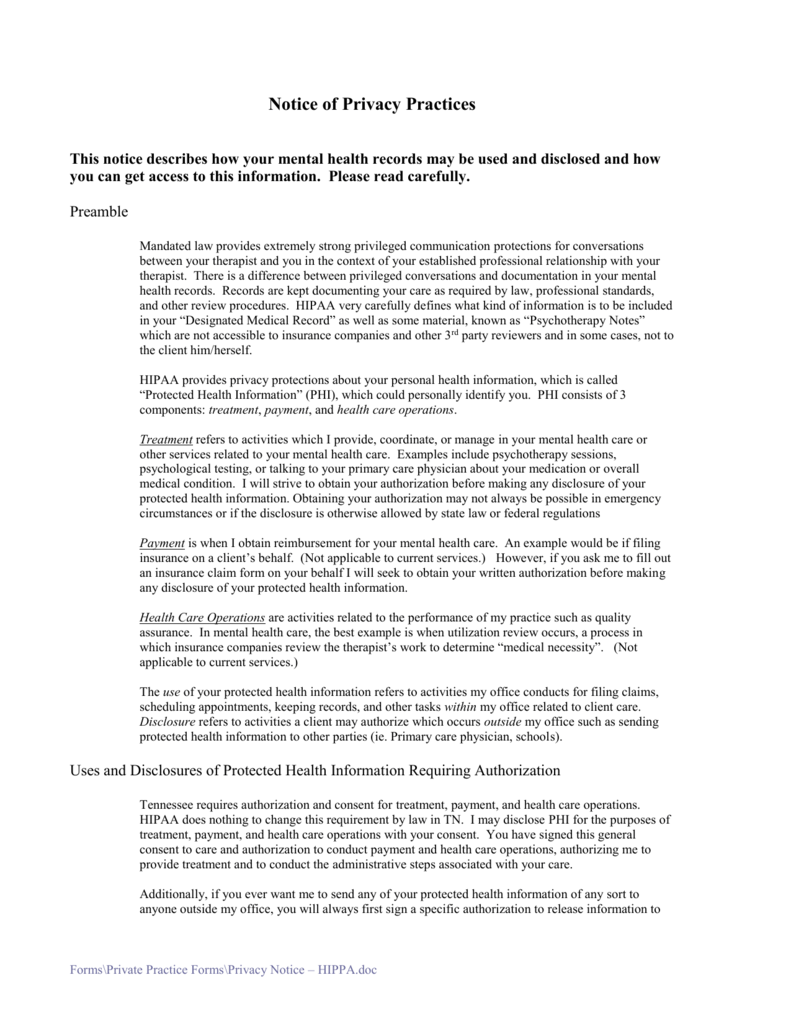Table of ContentsExcitement About How Long Does Mental Health First Aid Certification LastFacts About How Much Does Mental Health Counselors Make UncoveredNot known Details About According To Research, How Does The Public View Children And Teens With Mental Health Disorders?
Psychological health conditions such as stress, anxiety, and anxiety might establish due to underlying, life-altering physical health issue, such as cancer, diabetes, and persistent discomfort. The most common types of mental health problem are as follows: According to the Stress And Anxiety and Depression Association of America, stress and anxiety disorders are the most common type of mental disorder.

Many people with an anxiety disorder will attempt to prevent exposure to whatever activates their anxiety. Examples of stress and anxiety disorders consist of: The American Psychiatric Association define GAD as out of proportion worry that interferes with daily living. People might likewise experience physical signs, includingrestlessnessfatiguetense musclesinterrupted sleepA bout of stress and anxiety symptoms does not always need a particular trigger in individuals with GAD - what areas of mental health are promoted when participating in individual sports?.
An individual with GAD may often feel anxiety without any trigger at all. Individuals with a panic condition experience routine anxiety attack, which include abrupt, overwhelming fear or a sense of imminent catastrophe and death. There are different types of fear: These may involve a disproportionate fear of particular items, circumstances, or animals.
Find out more about easy phobias here. In some cases understood as social stress and anxiety, this is a worry of undergoing the judgment of others. Individuals with social phobia often restrict their exposure to social environments. Find out more here. This term describes a fear of circumstances in which escaping may be hard, such as being in an elevator or moving train.
Check out everything about agoraphobia here.Phobias are deeply individual, and medical professionals do not understand every type. There could be thousands of phobias, and what may appear unusual to someone may be a serious problem that controls life for another. People with OCD have obsessions and compulsions. Simply put, they experience continuous, difficult thoughts and a powerful urge to perform repetitive acts, such as hand washing.
Throughout this kind of event, the individual believes that their life or other people's lives are in risk. They might feel afraid or that they have no control over what is occurring. These sensations of trauma and fear may then contribute to PTSD.People might also refer to mood conditions as affective conditions or depressive conditions.
The Only Guide to Which Of The Following Is Not A Mental Health Professional?
Examples of mood conditions consist of: A private with significant depression experiences a consistent low state of mind and dislikes activities and events that they formerly enjoyed. They can feel prolonged periods of sadness or extreme unhappiness. An individual with bipolar illness experiences uncommon changes in their mood, energy levels, levels of activity, and ability to continue with everyday life.
Read more about the different kinds of bipolar here. Minimized daylight sets off during the fall, winter, and early spring months activate this type of major depression. It is most typical in nations far from the equator. Discover more about UNFORTUNATE here.Mental health authorities are still trying to figure out whether schizophrenia is a single condition or a group of related illnesses. Indications of schizophrenia generally establish between the ages of 16 and thirty years, according to the NIMH. The individual willhave thoughts that appear fragmented, and they might also discover it hard to process information. Schizophrenia has negative and positive signs. Positive signs consist of delusions, thought disorders, and hallucinations. Negative signs include withdrawal, lack of inspiration, and a flat or unsuitable state of mind. Nevertheless, people must watch out for the following as possible signs of.
a mental health disorder: withdrawing from friends, household, and colleaguesavoiding activities that they would generally enjoysleeping excessive or too littleeating excessive or too littlefeeling hopelesshaving regularly low energyusing mood-altering substances, consisting of alcohol and nicotine, more frequentlydisplaying negative emotionsbeing confusedbeing unable to finish everyday tasks, such as getting to work or preparing a mealhaving persistent ideas or memories that reappear regularlythinking of triggering physical damage to themselves or othershearing voicesexperiencing delusionsThere are numerous techniques for handling mental illness. Some methods or treatments are more effective in combination with others (why mental health is important). A person coping with a chronic mental illness might pick.
various options at different stages in their life. The private needs to work closely with a physician who can help them determine their requirements and offer them with appropriate treatment. Cognitive behavior modification, exposure therapy, and dialectical habits therapy are examples. Psychiatrists, psychologists,.
psychotherapists, and some main care physicians carry out this kind of treatment. It can assist people comprehend the root of their mental illness and start to deal with more healthful idea patterns that support everyday living and lower the threat of seclusion and self-harm. Although these can not cure psychological disorders, some medications can enhance signs and assist an individual resume social interaction and a regular regimen while they work on their psychological health. A few of these medications work by increasing the body's absorption of feel-good chemicals, such as serotonin, from the brain. Other drugs either enhance the total levels of these chemicals or prevent their degradation or damage. Such modifications might consist of lowering alcohol intake, sleeping more, and eating a well balanced, nutritious diet plan. People may need to take some time away from work or fix issues with personal relationships that might be triggering damage to their mental health. Individuals with conditions such as an anxietyor depressive disorder might gain from relaxation techniques, that include deep breathing, meditation, and mindfulness. If you understand someone at immediate danger of self-harm, suicide, or hurting another person: Ask the tough question:" Are you considering suicide? "Listen to the individual without judgment. Call 911 or the regional emergency number, or.
text TALK to 741741 to communicate with an experienced crisis therapist. Stay with the person till expert aid gets here. If you or someone you understand is having thoughts of suicide, a prevention hotline can assist. The National Suicide Avoidance Lifeline is readily available 24 hours per day at 800-273-8255. During a crisis, people who are tough of hearing can call 800-799-4889. Mental health includes our emotional, mental, and social well-being. It impacts how we think, feel, and serve as we cope with life. It also assists determine how we manage stress, relate to others, and make options. Psychological health is necessary.
Facts About How To Maintain Mental Health Uncovered
at every phase of life, from youth and adolescence through their adult years and aging. They may be periodic or long-lasting. They can affect your ability to associate with others and work every day. Mental illness prevail; more than half of all Americans will be detected with one at a long time in their life. But there are treatments. People with mental conditions can improve, and numerous of them.

recover entirely. For instance, mental illness can raise your danger for physical illness such as stroke, type 2 diabetes, and heart problem (how to obtain mental health records). There are several aspects that can impact your mental health, including Biological factors, such as genes or brain chemistry Life experiences, such as trauma or abuse Family history of psychological illness Your.
lifestyle, such as diet plan, physical activity, and substance utilize You can also impact your mental health by taking steps to improve it, such as doing meditation, utilizing relaxation methods, and practicing gratitude.